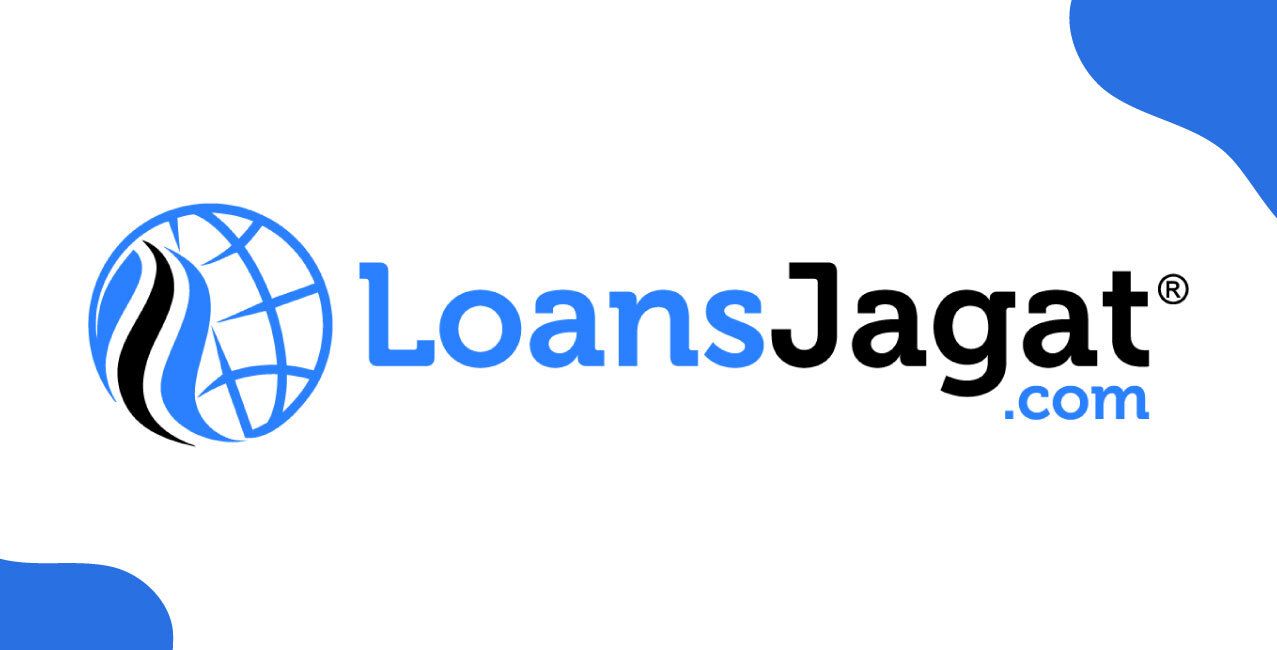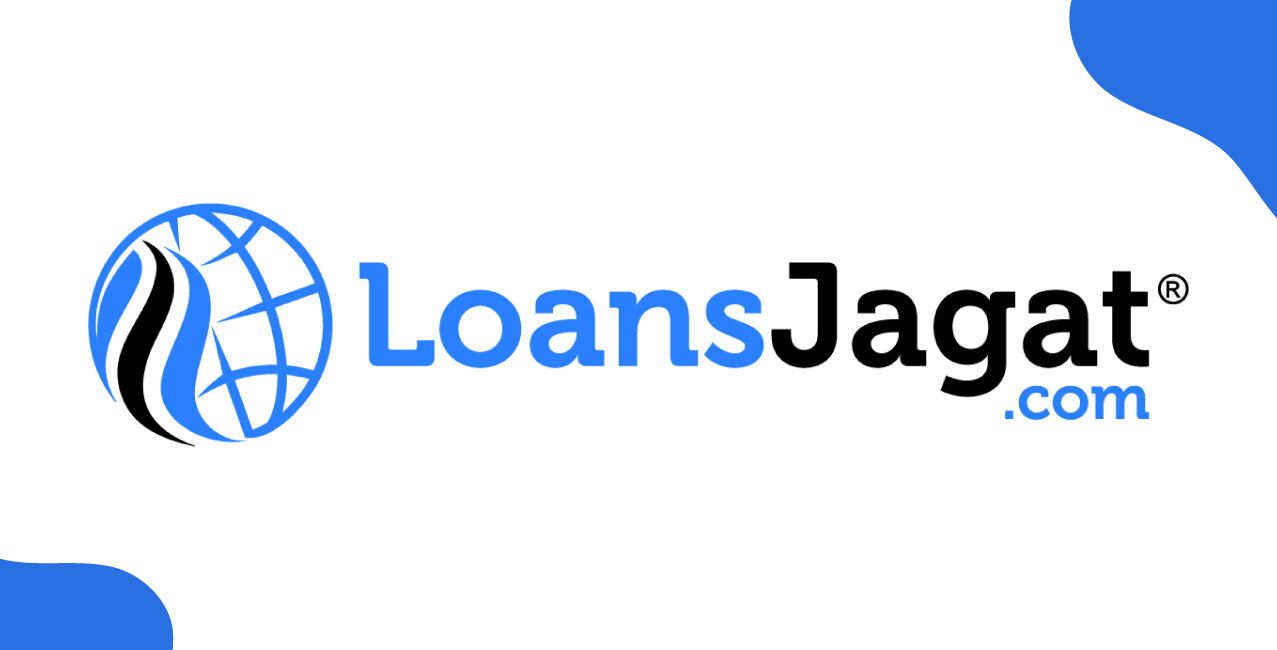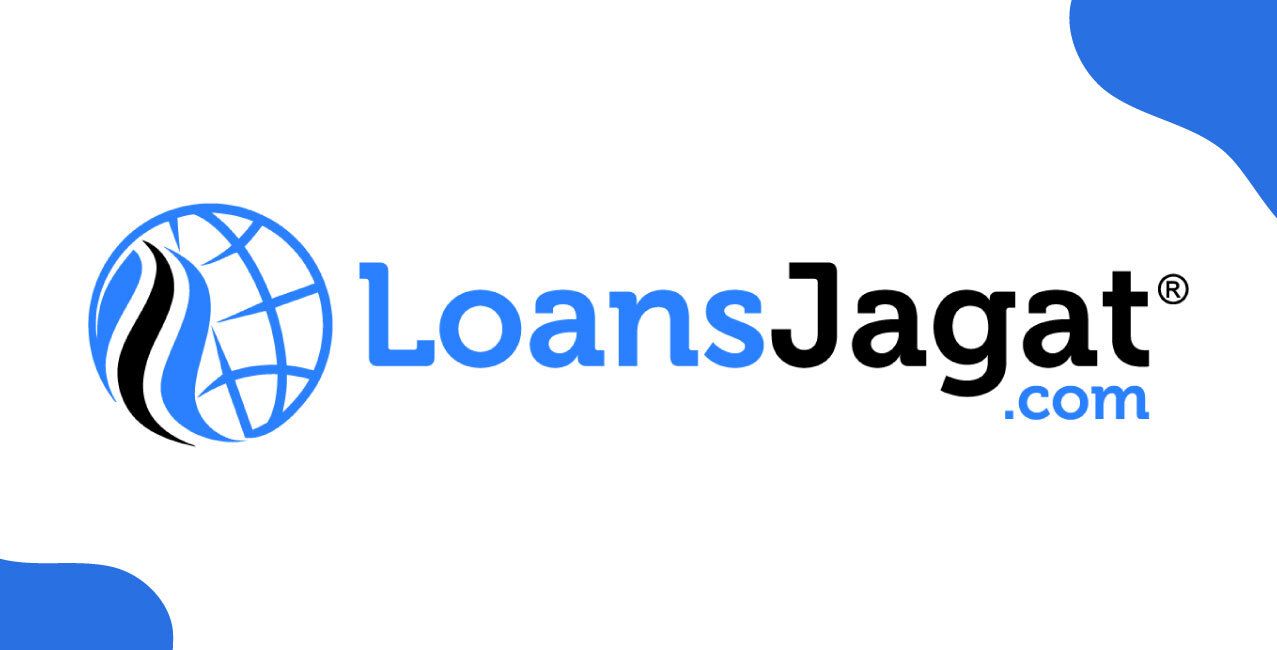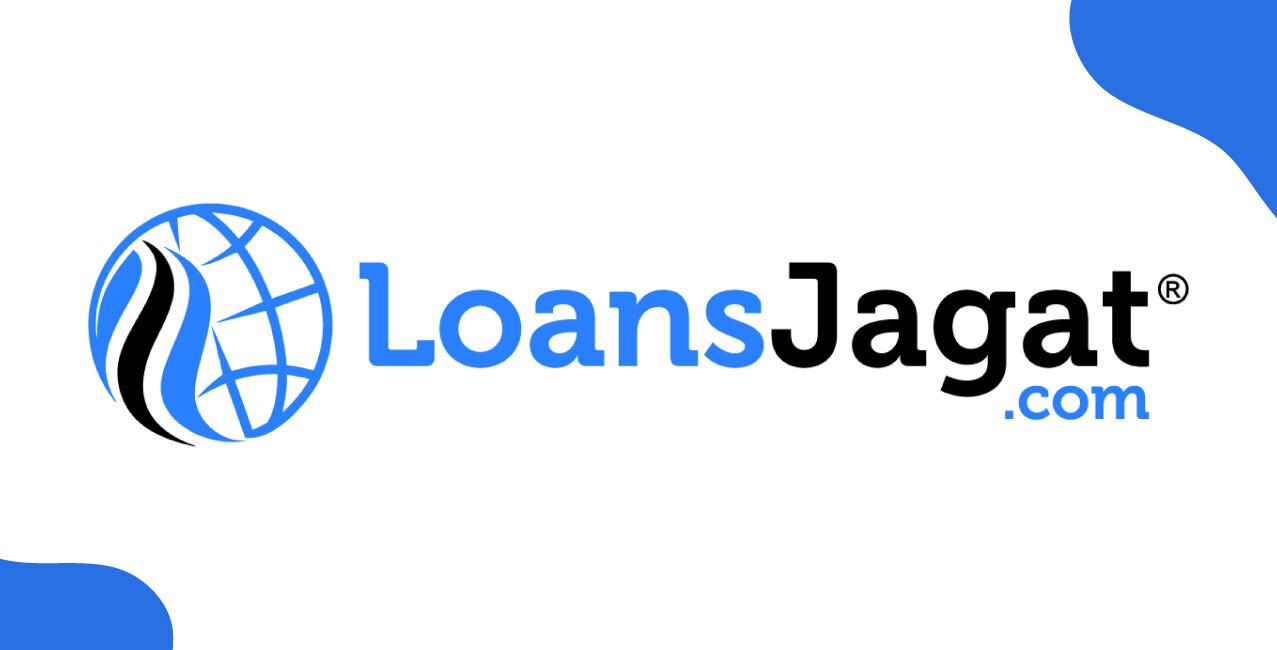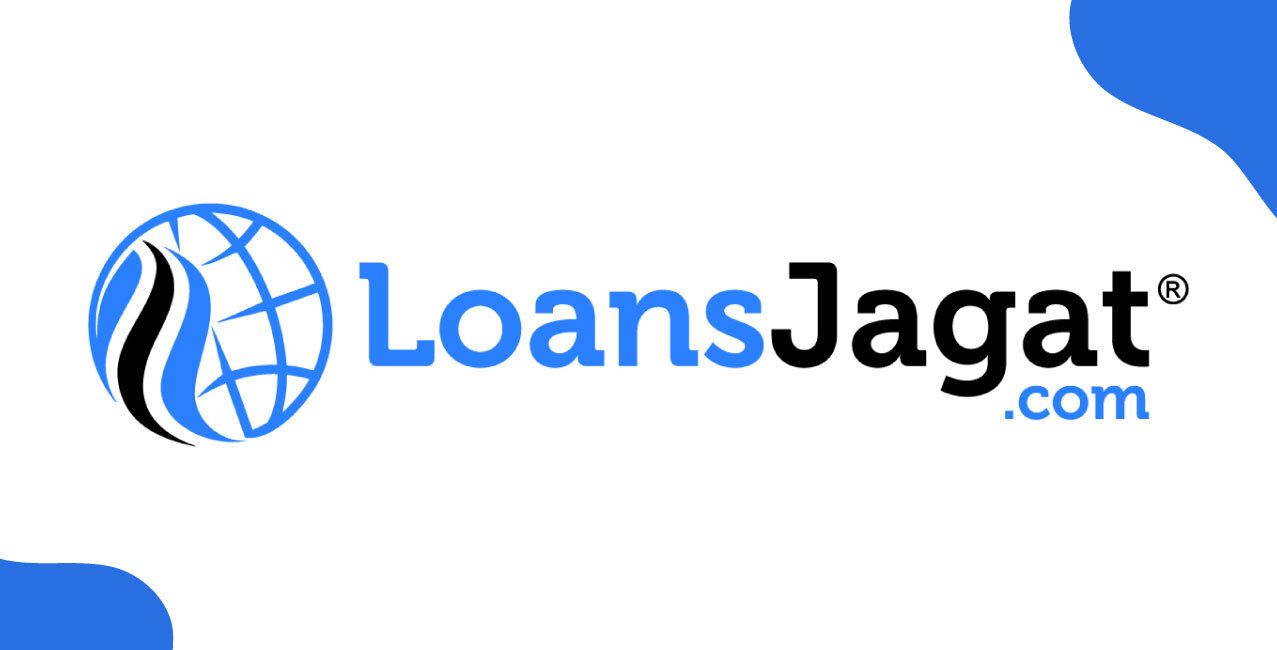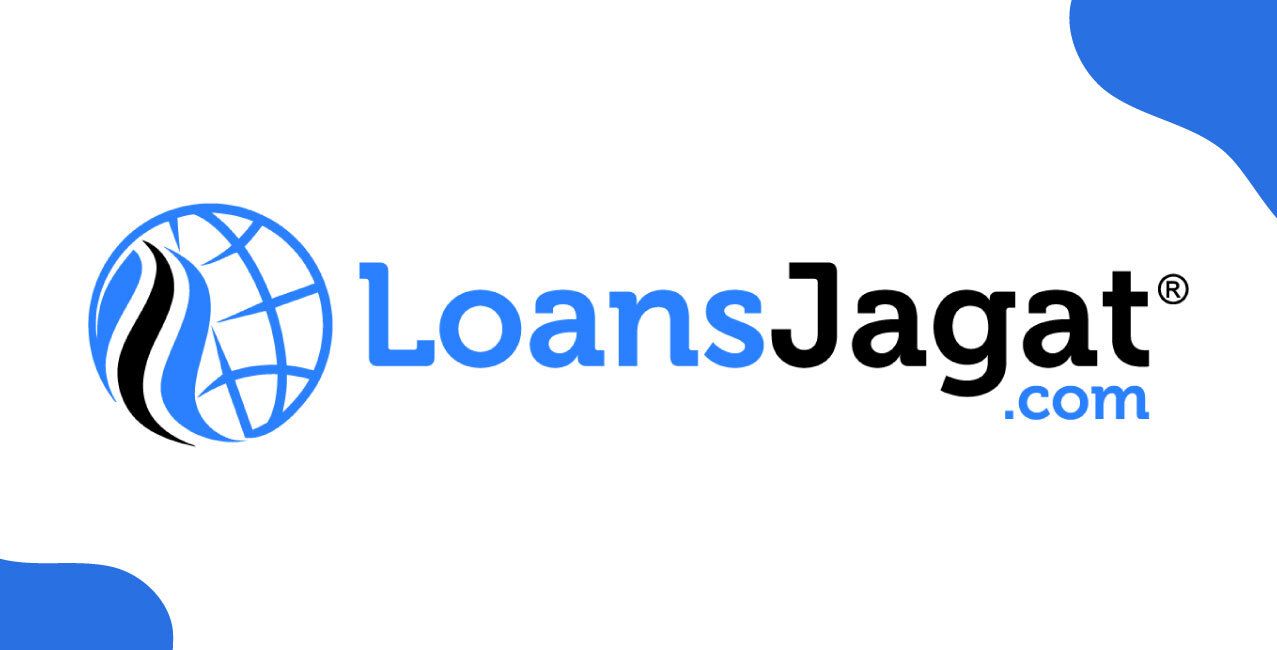SBI to Provide Loans Up to ₹5 Crore to Small Businesses Within 30 Minutes, Confirms Chairman Setty
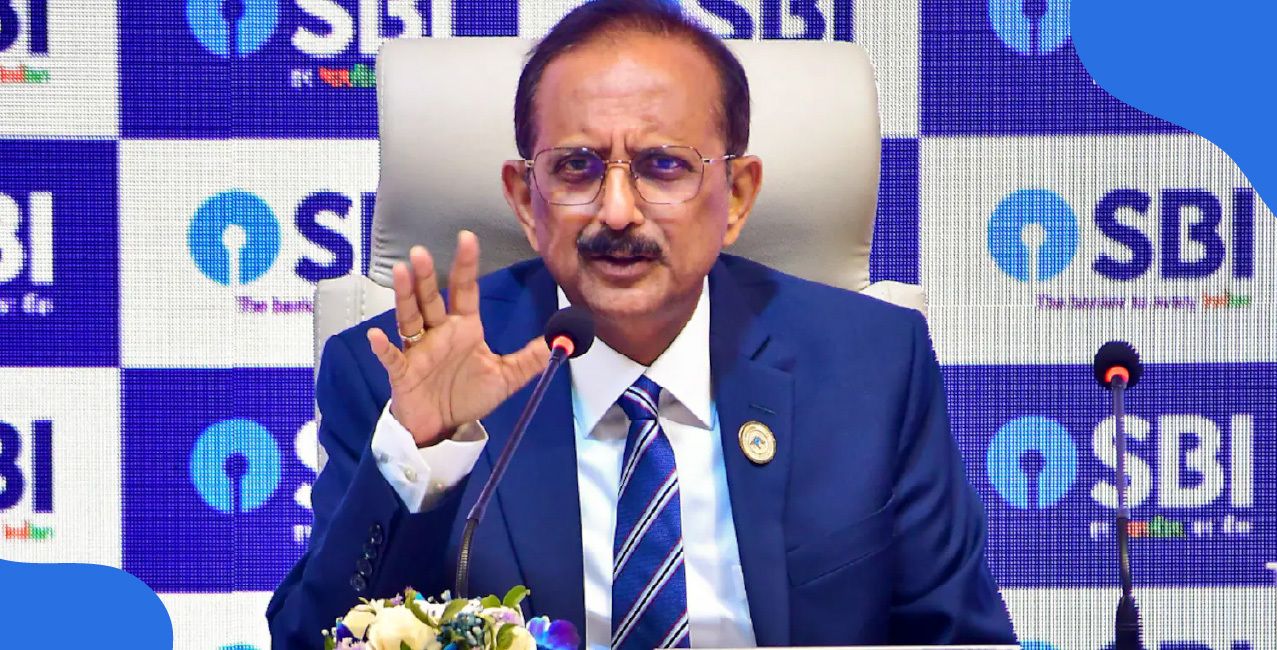
Check Your Loan Eligibility Now
By continuing, you agree to LoansJagat's Credit Report Terms of Use, Terms and Conditions, Privacy Policy, and authorize contact via Call, SMS, Email, or WhatsApp
India’s largest public lender introduces a faster and fully digital credit model for small enterprises aiming to bridge the MSME funding gap.
Until recently, small business owners often spent days collecting documents and waiting in queues for loan approvals. That wait may soon end. The State Bank of India (SBI) has unveiled its SBI Small Business Instant Loan Scheme 2025, promising to approve loans of up to ₹5 crore in approximately 25 to 30 minutes.
Announced by Chairman C. S. Setty during the Global Fintech Fest 2025 in Mumbai, this marks a major shift in how India’s largest lender aims to serve small and medium enterprises (SMEs).
Fastest Lending Model Under SBI MSME Loan Scheme 2025
The new initiative, known as the SBI MSME loan under 5 crore approval time, uses digital data from government platforms such as the Goods and Services Tax Network (GSTN), income tax portal, and Unified Payments Interface (UPI) to assess creditworthiness instantly.
SBI’s digital transformation report for the July–September 2025 quarter states that the pilot rollout processed nearly 8,000 applications, with a 90% reduction in turnaround time compared to traditional manual methods. The approval rate in the pilot stood at 78%, showing how technology can make formal credit accessible even for small traders.
Setty confirmed that the loan sanctioning process is fully automated, requiring only the borrower’s Permanent Account Number (PAN) and consent to access GST and bank data.
The approval process runs on SBI’s internal “Business Rule Engine,” a system developed by the bank’s technology team to integrate data from credit bureaus, tax systems, and banking transactions in real time.
Before continuing, the report looks at how this process compares with the previous approach.
The comparison shows how technology is changing business banking. The goal is not just speed but consistency and transparency.
How The Digital Model Works And Why It Matters
The digital model is built on the concept of cash flow-based lending. Instead of demanding property or machinery as collateral, SBI checks whether the applicant’s digital records such as tax filings, daily transactions, and repayments, show stable income patterns.
This approach aligns with the recommendations made in the Reserve Bank of India’s Digital Lending Report of 2023, which encouraged public banks to adopt data-driven credit evaluation. The report stated that over ₹20 lakh crore of credit demand from small enterprises remained unmet in 2023 due to slow manual processes.
The table below explains how different data sources are used in the bank’s decision-making.
This integration makes it possible to judge a borrower’s ability to repay without visiting a branch.
SBI also uses Digital Document Execution (DDE), a platform that allows remote signing of loan agreements. According to the bank’s internal digital progress note from August 2025, DDE is operational in 14 states and will expand nationwide by March 2026.
How This Update Links To Past Coverage
This step continues the bank’s earlier efforts to make customer verification easier. In April 2025, reports said that SBI had asked for approval to simplify Know Your Customer (KYC) and re-KYC rules. Those reforms helped make customer onboarding faster.
Now, with the SBI Chairman Setty’s 30-minute business loan plan, the benefits have reached small businesses and working capital loans too. It shows how the bank’s digital changes are moving from retail banking to business lending.
As LoansJagat reported in “RBI Reports Completion of Re-KYC for Over 3.5 Million Accounts”, the regulator’s focus on faster and simpler verification has supported this trend of digital onboarding and easier access to credit.
The timeline clearly shows how banking services have become faster and more customer-friendly over the past few years.
Each step in this table marks a stage of improvement. Together, they show how SBI’s digital evolution led to the 2025 instant loan scheme.
Government And Industry Response
Officials in the Ministry of MSME have praised the scheme. A ministry note released on 8 October 2025 called the initiative “a positive step to improve credit access for small firms struggling with delayed working capital.”
This is not the first time the government has attempted digital MSME lending. In 2018, the PSB Loans in 59 Minutes programme was launched under the Department of Financial Services. While innovative, it often faced backend delays because data sharing across multiple banks was incomplete. SBI’s version is different, it operates entirely within its own systems, ensuring smoother data flow.
Industry experts say the move will benefit small manufacturers and retailers who need short-term liquidity. Analysts at CRISIL’s SME Outlook 2025 Report noted that improved credit delivery could reduce informal borrowing rates, which still account for nearly 30% of MSME debt.
Before concluding, here’s how public banking programmes have evolved over the years.
This timeline illustrates how the Indian banking system gradually developed the capacity for faster, data-driven lending.
Conclusion
SBI’s 30-minute MSME loan is more than a procedural update; it is a signal that India’s public banking sector is ready for large-scale automation. The combination of government data, fintech tools, and internal systems can now make small business lending faster than ever before.
With strong early adoption and regulatory support, the SBI small business instant loan scheme 2025 might redefine how MSMEs interact with formal banking. If the model sustains its efficiency, it could close a major credit gap and bring thousands of small enterprises into India’s growing digital economy.
About the author

LoansJagat Team
Contributor‘Simplify Finance for Everyone.’ This is the common goal of our team, as we try to explain any topic with relatable examples. From personal to business finance, managing EMIs to becoming debt-free, we do extensive research on each and every parameter, so you don’t have to. Scroll up and have a look at what 15+ years of experience in the BFSI sector looks like.
Subscribe Now
Related Blog Post

Home Loan Interest Rates 2025 Deliver Major EMI Relief, Will Borrowers See More Gains In 2026?

Will the Indian Rupee Stabilise in 2026 After a Volatile 2025?
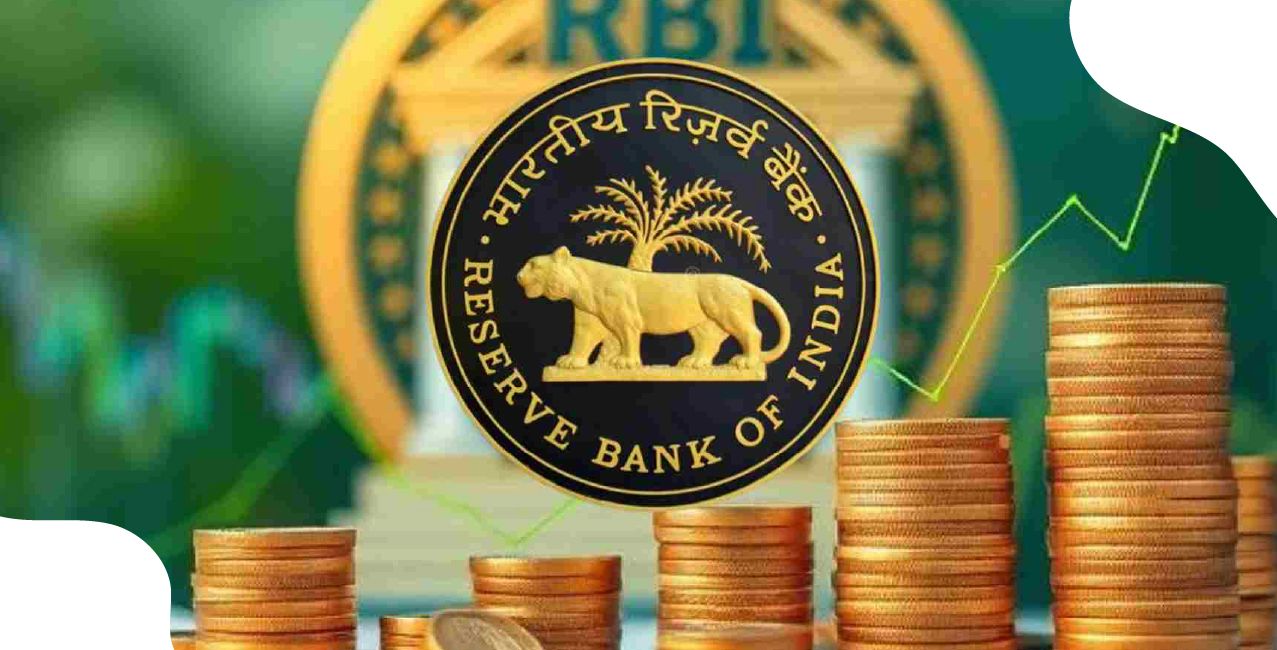
RBI Draft Rules Target Surprise Costs in Overseas Payments
Recent Blogs
All Topics
Contents
Quick Apply Loan
Consolidate your debts into one easy EMI.
Takes less than 2 minutes. No paperwork.
10 Lakhs+
Trusted Customers
2000 Cr+
Loans Disbursed
4.7/5
Google Reviews
20+
Banks & NBFCs Offers
Other services mentioned in this article
